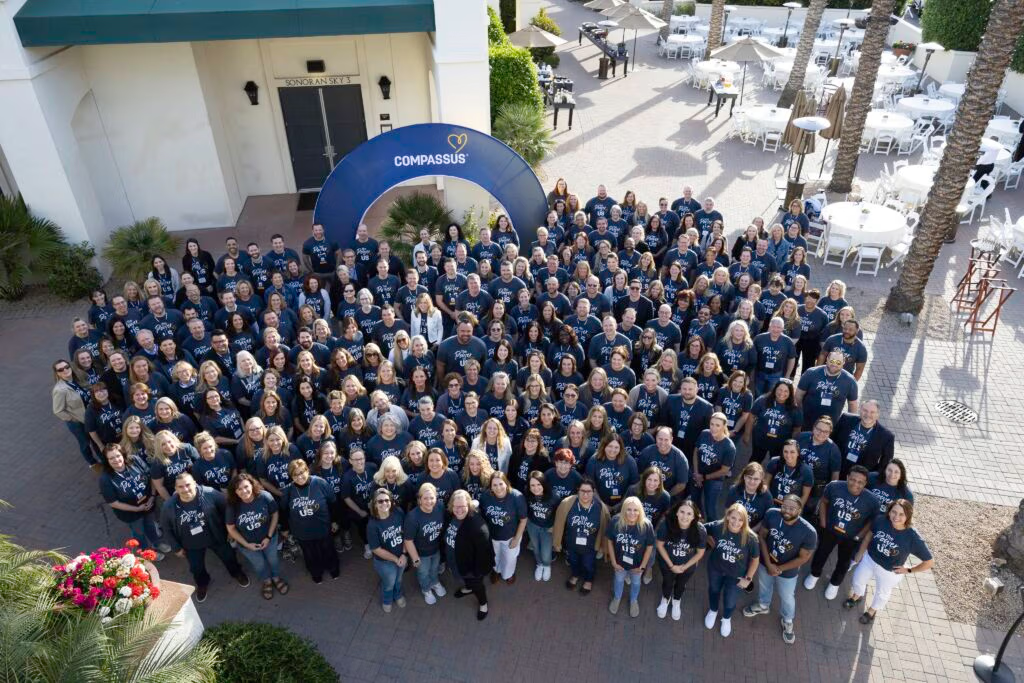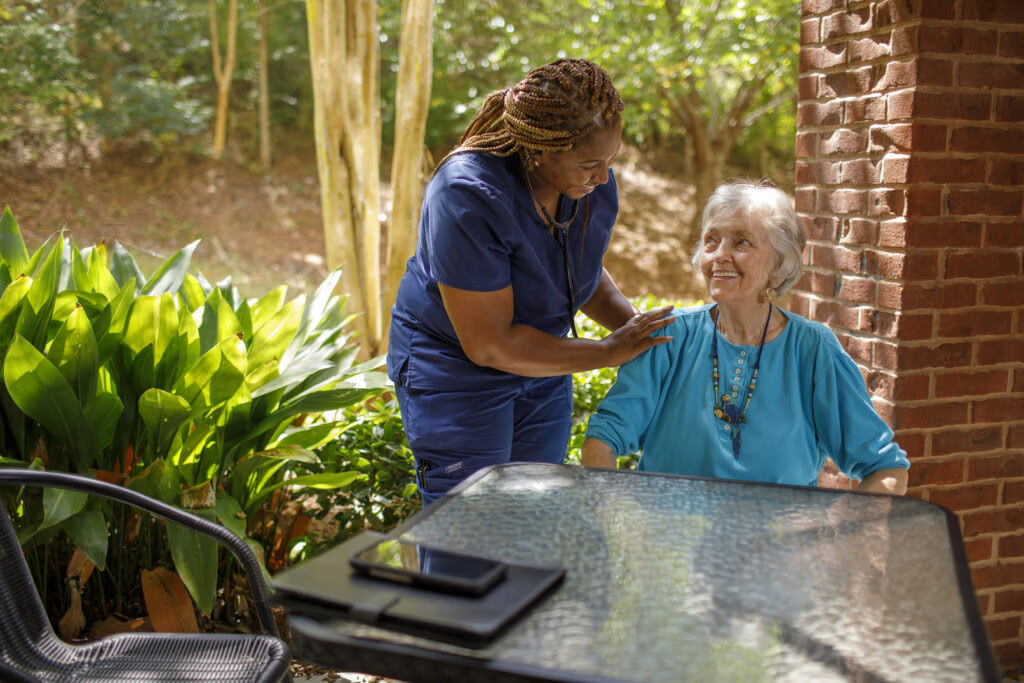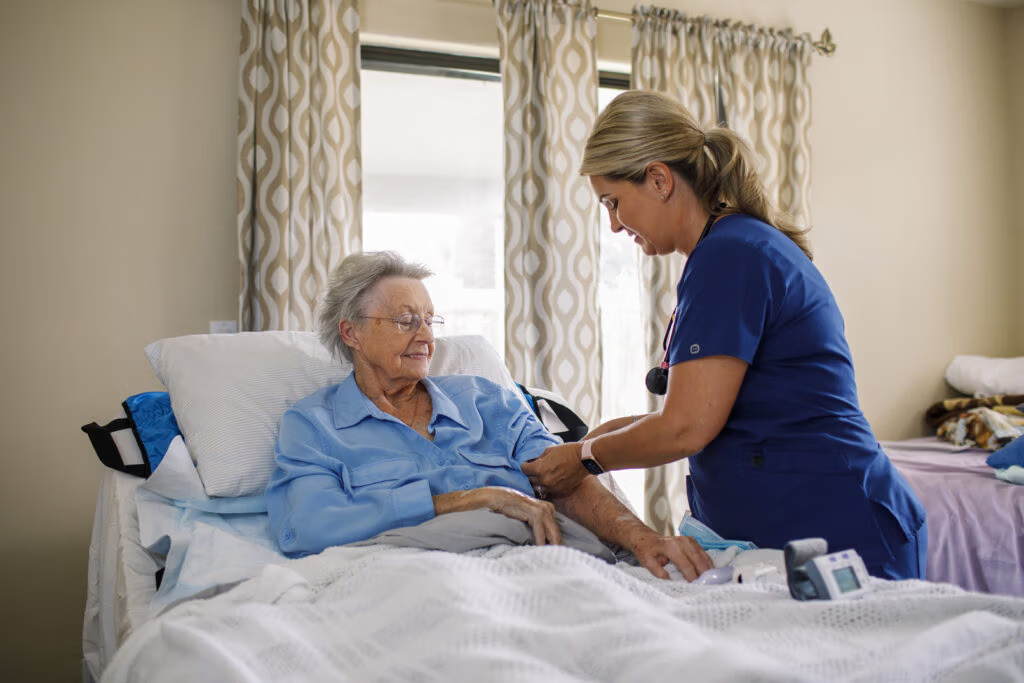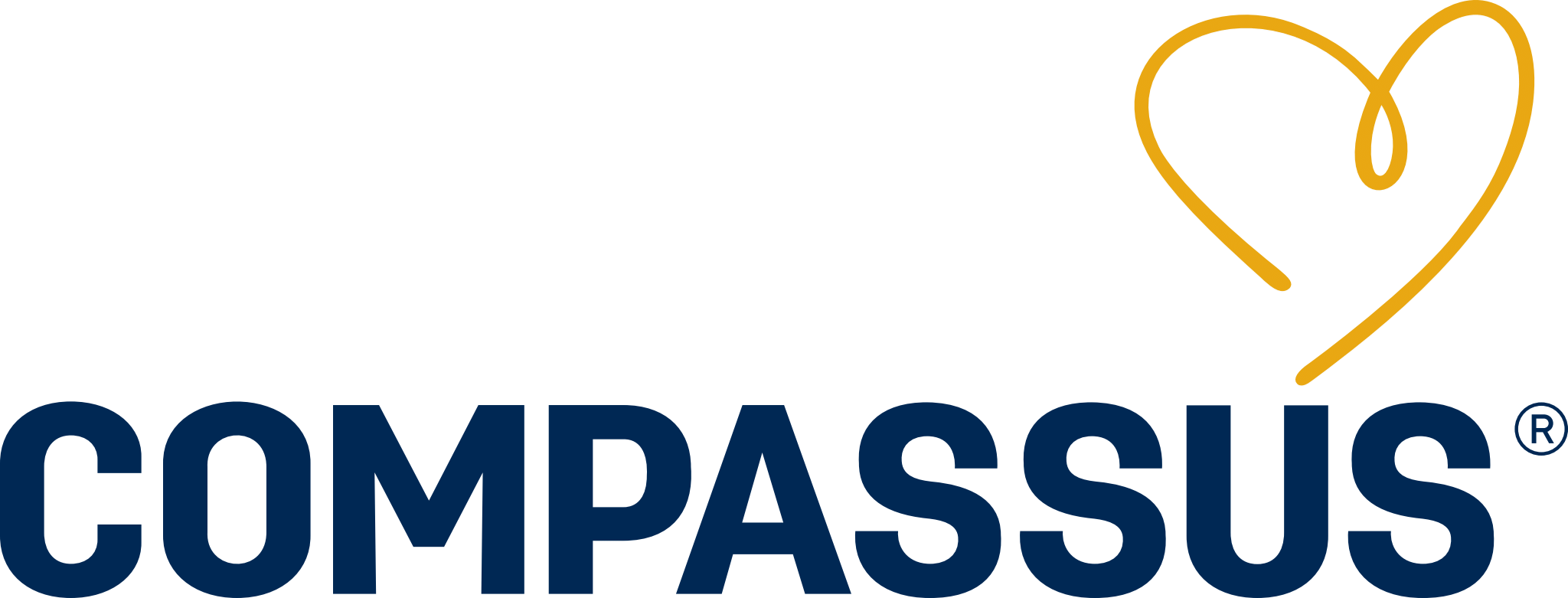As more patients and families choose care at home, Compassus is redefining what compassionate, high-quality home-based care looks like. Since its founding in 2006, Compassus has grown from a hospice provider into one of the nation’s largest and most trusted home-based health care organizations. Today, Compassus operates in more than 300 locations nationwide with around 10,000 teammates, serving communities through home health, personal home care, palliative care, hospice and home infusion services.

A defining strength of Compassus is its ability to forge strong joint ventures (JVs) with respected health systems, including Ascension, Bon Secours Mercy Health, Ohio Health and Providence. These alliances expand Compassus’ reach across the nation while ensuring patients receive consistent, compassionate care wherever they call home. By building these alliances, Compassus has broadened its national footprint while maintaining a focus on personalized, high-quality care.
“Partnerships are about more than growth,” said Mike Asselta, Compassus’ chief executive officer. “They’re about aligning with organizations that share our values and mission, ensuring patients and families receive compassionate care when and where they need it most.”
Central to that mission is the Compassus Care Delivery Model, a proprietary framework built on a person-centered approach. The model emphasizes enhancing quality of life by addressing not only physical needs, but also the emotional, spiritual and social concerns that shape a patient’s experience. Care teams focus on an individual’s priorities and goals to ensure every aspect of care supports dignity, comfort and well-being.

The Compassus Care Delivery Model has been recognized by the National Quality Forum (NQF) and the Center to Advance Palliative Care (CAPC) for its impact on quality outcomes. It has also demonstrated measurable improvements in both the Medicare Hospice Quality Reporting Program and Consumer Assessment of Healthcare Providers and Systems (CAHPS) surveys.
While the Care Delivery Model guides caregivers in patient interactions, Compassus’ innovative use of technology strengthens its ability to anticipate needs and ease the administrative burden on caregivers.
“We believe technology should support caregivers, not replace them,” Asselta said. “Predictive analytics and Artificial Intelligence (AI) allow us to anticipate needs and guide decision-making, but the heart of care remains in our caregivers’ skill and experience.”
One example is Muse, a predictive tool that monitors a patient’s electronic health record for subtle changes that may indicate declining health. These early signals allow Compassus caregivers to engage chaplains or social workers more quickly, ensuring patients and families receive the emotional and spiritual support they need when it matters most. This approach has earned industry recognition for improving outcomes, reducing unnecessary hospitalizations and providing truly personalized care.

Predictive analytics also help clinical teams identify patients who may beat greater risk for complications or hospital readmissions through what Compassus calls the Journey Program. By flagging these patients earlier, caregivers can step in with timely interventions that preserve quality of life and reduce avoidable hospital stays. Predictive insights not only benefit patients and families, but they also lower the overall cost of care for health system partners.
AI is also becoming a cornerstone of Compassus’ innovation strategy. Beyond patient outcomes, Compassus is exploring ways AI can make caregiving more sustainable for clinicians. Pilots are underway to automate routine tasks, streamline documentation and reduce administrative burdens. The goal is simple: give nurses, social workers and caregivers more time to spend at the bedside.
This combination of scale, a proven care delivery model and innovative technology distinguishes Compassus from other providers. The organization applies innovative approaches and technology consistently across regions, ensuring every community benefits. Balancing national strength and local responsiveness allows Compassus to deliver both high-quality care and the personal touch families value most.

“Healthcare is moving home,” Asselta emphasized. “With our partnerships, innovative technology and dedicated caregivers, Compassus is uniquely positioned to lead that transformation.”
With demand for home-based services growing rapidly, Compassus remains committed to leading with both heart and innovation. By combining trusted partnerships, a nationally recognized care delivery model, cutting-edge tools and a steadfast mission of compassion, Compassus is shaping a future where more patients and families can find comfort, support and high-quality care in the place they call home.














